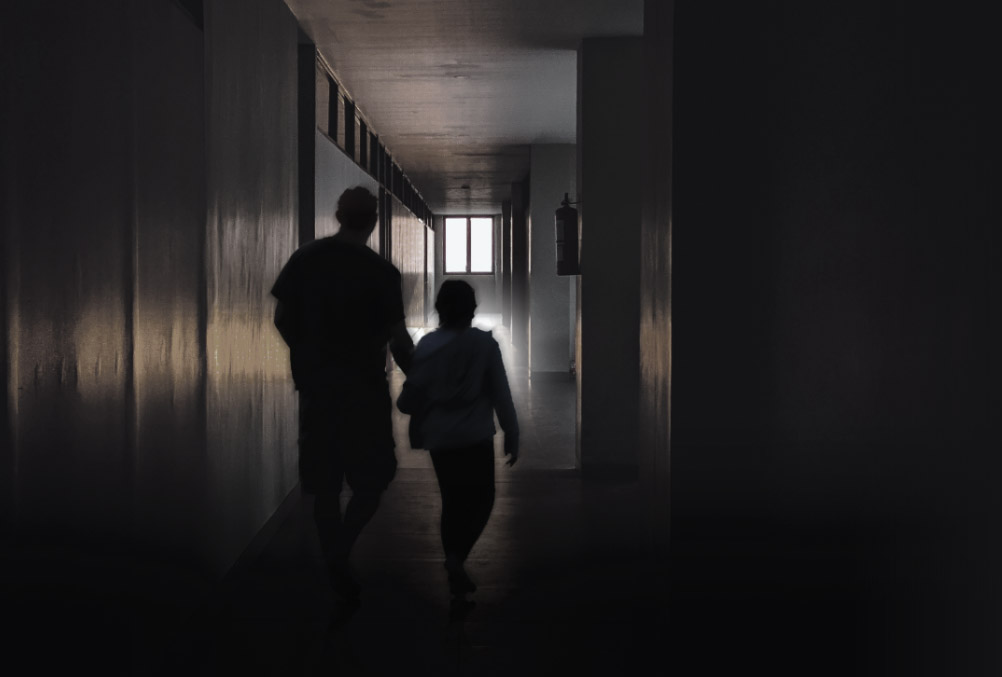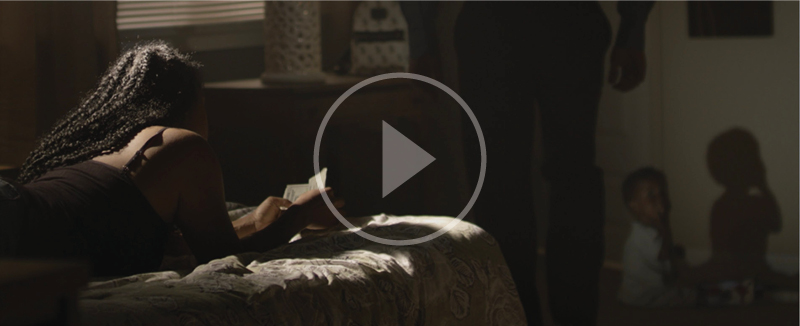Survivor Perspectives on Faith Practices:
A National Study of Sex Trafficking Survivors’ Experiences in Faith-Based Shelters
In 2023 the Institute sought to hear from the survivors themselves about their experiences in recovery. Specifically, given that 66% of trafficking shelters in the U.S. identify as Christian programs, we wanted to find out how various faith practices were helping—or hurting—survivor progress. We received 158 responses nationwide and the findings were overwhelmingly positive. This report provides us with an understanding of how various faith practices are offered in these programs, and how—in their own words—survivors have experienced spiritual growth and healing as a result.
Some of the key findings from the study
- 81% of this survivor population grew up with some exposure to faith/religion, but “falling away” (29.75%) or a bad experience with religious people (22.78%) were reasons that they had left the faith
- Many of these survivors chose to apply for a faith-based program because they either wanted to reconnect with their faith (47%) or wanted to become a person of faith (28%)
- 91% of these survivors reported that they never felt pressured to engage in a faith practice
- Only deliverance from demonic oppression was reported over 10% as being an uncomfortable/distressing practice (18 individuals or 11%)
- 90% of agencies offer reasonable accommodations or alternatives from any faith practice in which the survivor chooses not to participate
- 92% of survivors who had been in a program 1 year or more reported feeling accepted, not feeling judged, as a positive contribution to their healing
- A word analysis of write-in comments from 48 individuals reported that the hardest part of being in a faith-based program was learning how to walk out the journey of the Christian faith
- 84% of these survivors now identify as Christian

Overwhelmingly, this sample of survivors report positive experiences with various faith practices and a direct association of those practices to positive personal outcomes.

The Institute for Shelter Care embarked on this study to explore the lived experiences of those in shelter care and glean from those who are the least biased and the most invested: the survivors.
The Institute for Shelter Care invites you to utilize the findings of this report in your work. Any substantial representation of this content should include proper attribution and permission by the author. Please email clim@instituteforsheltercare.org for permission.

Have a question?
If you have any questions regarding this study, please contact Jeanne Allert at jallert@instituteforsheltercare.org



